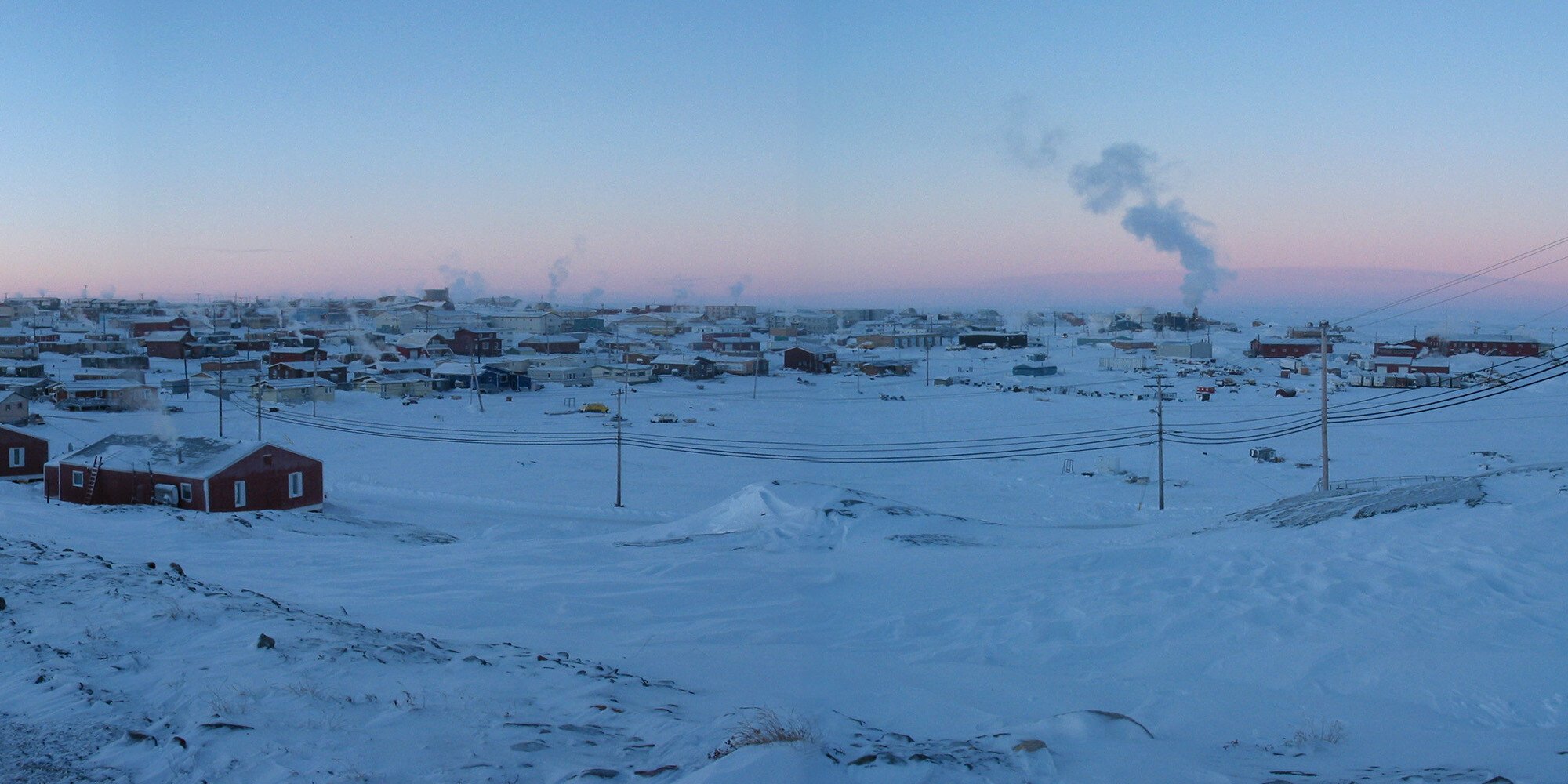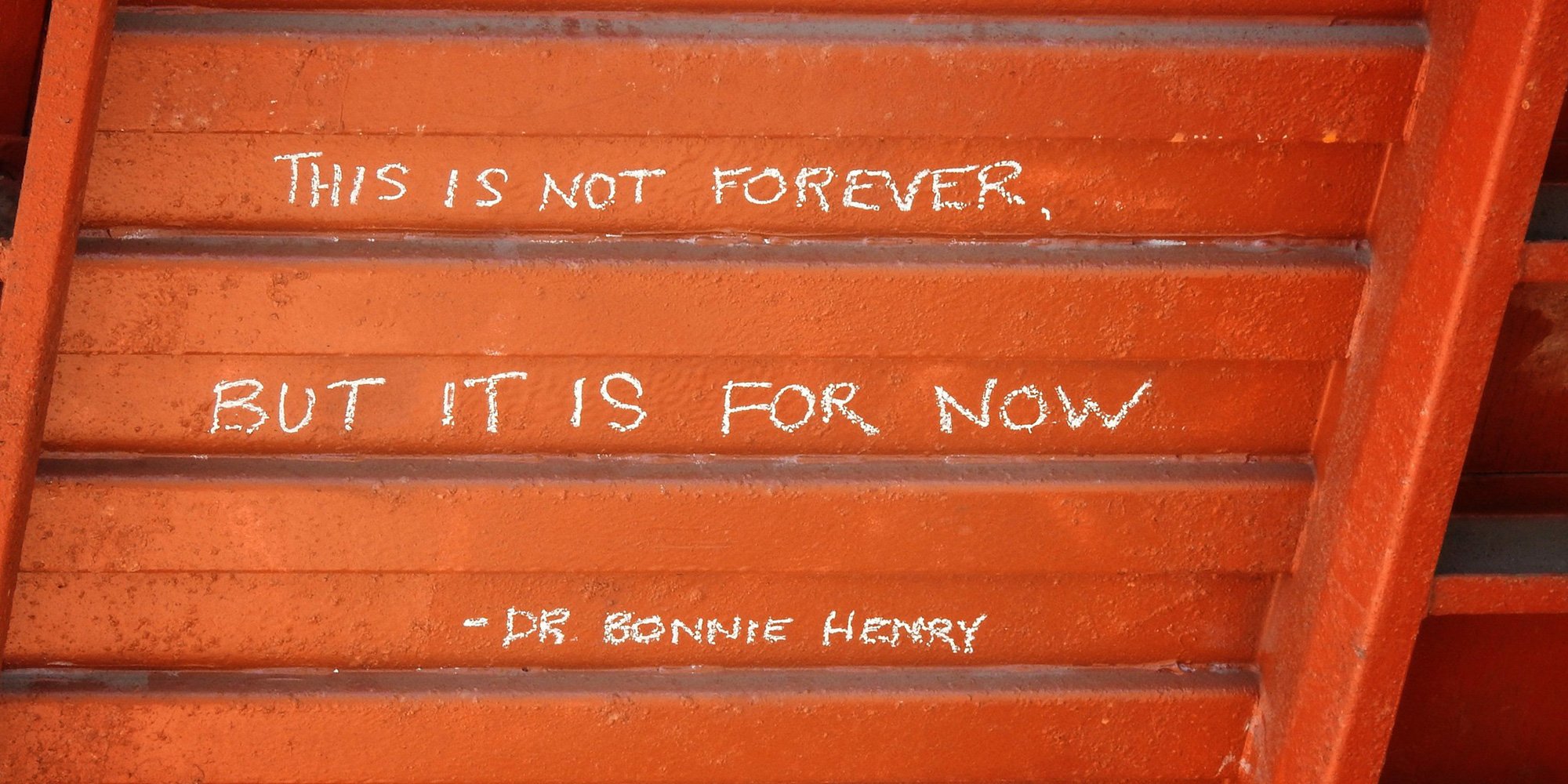The Significance of IRSSA-Recognized Schools in Indigenous Relations
Many educational programs and documents that recount the history of Indian Residential Schools in Canada will state that 1996 was the year that...
3 min read
Bob Joseph January 12, 2016
The Truth and Reconciliation Commission (TRC) released its final report in December 2015 - a massive 3700-page tome resulting from the six-year investigation by the TRC into the residential school system for Indigenous youth and the legacy of the system. Prior to the report, in June 2015, the TRC released 94 reconciliation recommendations, or calls-to-action (CTA), to address that legacy.
The 94 CTAs are recommendations that all levels of government, churches, public institutions and non-Aboriginal Canadians can undertake on the path to reconciliation. In this article we have responded to a frequently asked question “What can municipalities do for reconciliation?” and have assembled the CTAs that apply to municipalities and local governments and listed them below with their CTA number:
If you would like to learn whether "Aboriginal" or "Indigenous" is correct, download our free eBook "Indigenous Peoples: A Guide to Terminology"
Note: Our training meets many of these objectives and much of our most recent training has been provided to local governments.
76. We call upon the parties engaged in the work of documenting, maintaining, commemorating, and protecting residential school cemeteries to adopt strategies in accordance with the following principles:
i. The Aboriginal community most affected shall lead the development of such strategies.
ii. Information shall be sought from residential school Survivors and other Knowledge Keepers in the development of such strategies.
iii. Aboriginal protocols shall be respected before any potentially invasive technical inspection and investigation of a cemetery site.
And here are a couple of other examples of Indigenous reconciliation and municipalities. In late 2015, Victoria, BC, moved to repatriate the top of Beacon Hill Park, a famous lookout, to the local First Nations, who will build a traditional longhouse in its place. The new longhouse will be used to teach traditional carving techniques to youth from Esquimalt and Songhees Nations. It will also be a place to share the history and stories of the Lekwungen people with the public. The Cities of Regina and Saskatoon are both considering initiatives to work with local Aboriginal organizations on renaming streets with traditional names.
On a personal note, I have really enjoyed and appreciated every opportunity to share my knowledge and information with governments, corporations, schools, healthcare departments and individuals. It’s the reason I started this business and the blog - to make the world a better place for Indigenous and non-Indigenous people. Thanks for reading and keep on sharing.
Is your municipal or local government looking to provide training to your employees, volunteers or contract partners? Our Working Effectively with Indigenous Peoples® for Local Governments private group training is a great option.
Featured photo: Totem pole in Beacon Hill Park, Victoria, future home to a traditional longhouse. Photo: waferboard, Flickr

Many educational programs and documents that recount the history of Indian Residential Schools in Canada will state that 1996 was the year that...

1 min read
When Dr. Bonnie Henry announced the death of an Elder from Alert Bay, I was struck by her compassion, her understanding of the enormity of the...

Orange is the New Symbol of Truth & Reconciliation The recent discoveries of 215 unmarked graves at a former Residential School near Kamloops,...